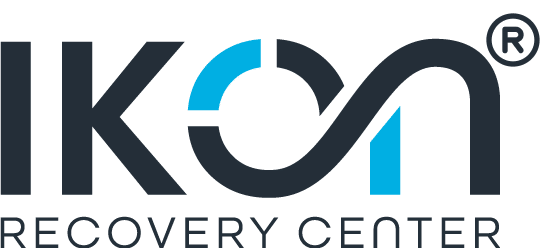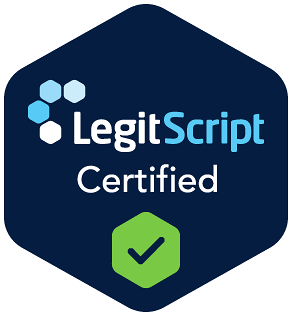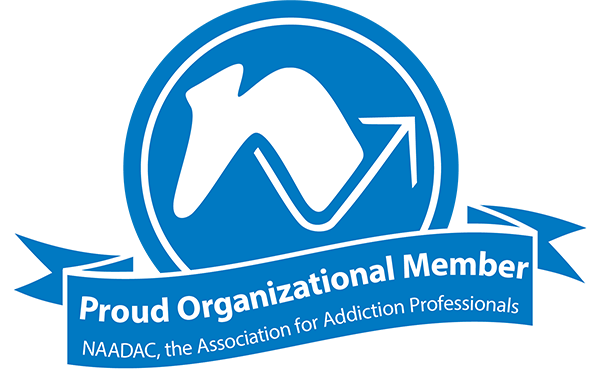Treatment for Schizophrenia and Drug Use in New Jersey
In general, schizophrenia impacts about 1% of adults, but that impact is quickly multiplied when you factor in drugs or alcohol worsening the condition.[1] It’s also more likely for someone with a psychotic disorder to end up in the hospital for crises relating to substance use or addiction than for someone without.
Mental health disorders such as schizophrenia can easily fuel co-occurring addiction to the point of causing homelessness, jail time, and even suicide risk. To effectively treat dual diagnosis, care that addresses both schizophrenia and substance misuse concurrently is needed. Centers that address only schizophrenia without treating addiction are only treating half of the problem. This allows the other half to go unaddressed, or worse. In either case, there is little hope for general wellness for the patient unless they receive integrated mental health and addiction treatment.
Spot the early warning signs in yourself and your loved ones, and connect with evidence-based help that treats both conditions simultaneously.
Is There a Problem with Schizophrenia and Drug Use in New Jersey?
Schizophrenia can create substantial distortions in the perception of reality by the patient. When substance use or alcohol use is piled onto that condition, the confusion can ramp up quickly. Research from the NIDA shows that individuals with serious mental illness, like Schizophrenia, are more likely to develop behavioral health issues like substance use disorders than the general public.[2]
One of the most common drivers is self-medication, since cannabis or alcohol seems to calm the noisy thoughts, but often worsens the underlying psychosis over time. Brain chemistry overlap also has a vital role in this. Both psychotic episodes and drug highs cause dopamine to flood the reward centers, so each problem ends up reinforcing the other.
While this isn’t unique to New Jersey, the combination of severe mental illness and substance use disorders is increasing in prevalence. Data from 2022 shows that 59% of New Jersey adults who attended treatment were diagnosed with a co-occurring disorder.[3]
Opioid misuse is another incredibly complicating factor, and adults with schizophrenia are disproportionately more likely to be represented in an opioid-related ER visit.[4] Cocaine and meth are also known to cause dangerous spikes in paranoia and severe disruptions in sleep hygiene that can intensify existing symptoms or mimic symptoms that aren’t actually present.
Even prescription sleep aids taken without medical guidance may lead to dangerous interactions with antipsychotic medications.
Understanding these links helps families and providers choose treatments that address both conditions together rather than chasing symptoms one at a time.
